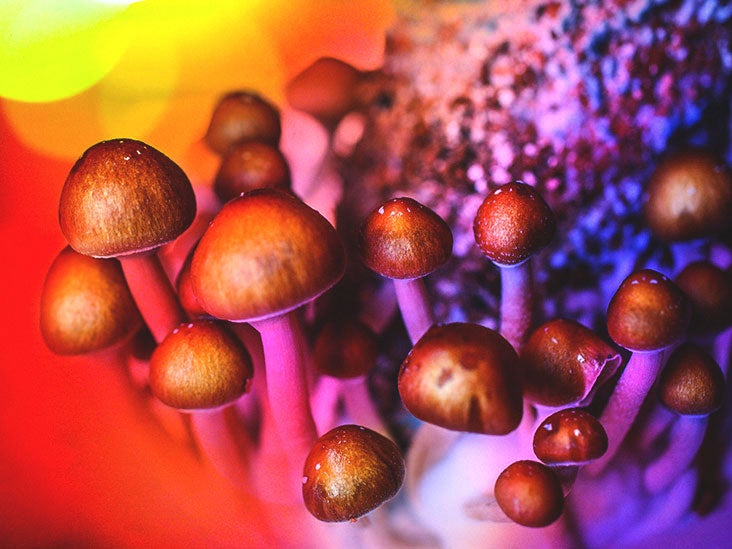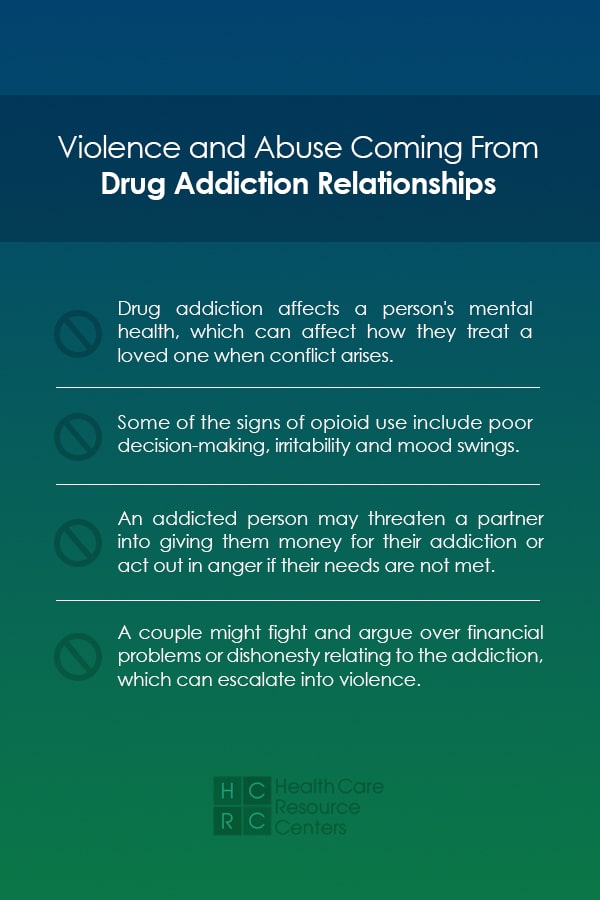It is as if a limit has been crossed. Very few people appear able to effectively return to periodic use after having been genuinely addicted. Unfortunately, we do not yet have a clear biological or behavioral marker of that transition from voluntary drug use to addiction. However, a body of scientific evidence is quickly establishing that indicate a variety of cellular and molecular modifications in specific brain circuits. It needs long-term management. The intensity of that management depends on an individual's experience and history of addiction. It could involve a lot of management, but it might involve very little management, too, in the long run. Nobody stated dependency was a simple concept, however we have actually gone through the fundamental steps of comprehending why dependency is an illness.
In the brain,. It makes the addicted individual feel an intense requirement to utilize drugs or alcohol, and it severely limits the capability to find pleasure in other healthy activities. Fortunately, this is not a permanent condition. even early mortality. However it doesn't need to. With expert treatment and long-lasting personal management of the illness, a person in healing can have a typical life.
It cleans up confusion, points the method towards healing, and, above all, reveals us that there is always wish for living a much better life.
As a young researcher in the 1980s, I utilized then-new imaging technologies to take a look at the brains of individuals with drug addictions and, for comparison, individuals without drug problems. As we began to track and document these special photos of the brain, my associates and I recognized that these images offered the very first proof in humans that there were modifications in the brains of addicted individuals that might discuss the compulsive nature of their drug taking.
Fascination About What Is Drug Addiction Definition
Alan Leshner, who was the Director of the National Institute on Substance Abuse at the time, right away understood the implications of those findings, and it assisted strengthen the idea of dependency as a brain disease. Over the past three decades, a clinical agreement has actually emerged that dependency is a chronic however treatable medical condition including modifications to circuits included in reward, tension, and self-control; this has helped researchers determine neurobiological irregularities that can be targeted with restorative intervention. would most quickly result in dependence or addiction would be:.

Educated Americans no longer view addiction as a moral failing, and more and more policymakers are acknowledging that penalty is an inadequate and improper tool for resolving a person's drug problems. Treatment is what is needed. Fortunately, effective medications are readily available to help in the treatment of opioid use disorders.
They save lives. Yet the medical design of dependency as a brain disorder or disease has its vocal critics - people at the highest risk of drug addiction are those http://cruzlcnu528.unblog.fr/2021/03/08/the-ultimate-guide-to-how-to-overcome-drug-addiction/ who are. Some claim that seeing dependency by doing this decreases its essential social and environmental causes, as though saying dependency is a condition of brain circuits implies that social stresses like isolation, hardship, violence, and other psychological and environmental elements do not play a crucial role.
There are neurobiological substrates for everything we believe, feel, and do; and the structure and function of the brain are shaped by environments and behaviors, as well as by genetics, hormones, age, and other biological factors. It is the complex interactions among these aspects that underlie disorders like dependency as well as the capability to recuperate from them.
Is Most Likely To Be Successfully Treated By Things To Know Before You Get This
Critics of the brain disorder model also in some cases argue that it positions too much emphasis on reward and self-discipline circuits in the brain, neglecting the vital role played by learning. They suggest that addiction is not basically different from other experiences that reroute our fundamental motivational systems and as a result "change the brain." The example of falling in love is often pointed out.
As discussed by Maia Szalavitz in Unbroken Brain, it remains in the grip of lovewhether romantic love or love for a childthat people may forego other healthy goals, sustain hardships, break the law, or otherwise go to the ends of the earth to be with and safeguard the things of their love.
Our reward and self-control circuits developed specifically to enable us to discover brand-new, important, healthy benefits, remember them, and pursue them single-mindedly; drugs are in some cases stated to "pirate" those circuits (how to treat drug addiction at home). Metaphors light up complexities at the expense of hiding subtleties, but the metaphor of Go to this website hijacking remains quite apt: The extremely powerful drugs currently claiming so many lives, such as heroin and fentanyl, did not exist for the majority of our evolutionary history.
Due to the fact that they help with the same knowing processes as natural benefits, drugs easily trick that circuitry into thinking they are more essential than natural rewards like food, sex, or parenting. What the brain disorder design, within the bigger biopsychosocial structure, captures better than other modelssuch as those that focus on dependency as a discovered behavioris the crucial dimension of interindividual biological variability that makes some people more prone than others to this hijacking.
Some Known Details About How To Help A Loved One With Drug Addiction
Research studies are determining gene variations that give resilience or risk for dependency, in addition to ecological aspects in early life that impact that threat. This knowledge will enable advancement of exactly targeted prevention and treatment methods, simply as it is enabling the bigger domain of individualized medicine. Addiction Treatment Center Some critics likewise explain, correctly, that a significant percentage of individuals who do establish addictions eventually recuperate without medical treatment.
We still do not comprehend all the aspects that make some people much better able to recover than others or the neurobiological mechanisms that support recoverythese are very important locations for research. But when people recuperate from addiction by themselves, it is frequently due to the fact that reliable treatment has not been easily available or affordable, or the individual has not sought it out; and far too lots of individuals do not recuperate without help, or never ever get the opportunity to recuperate.
To state that due to the fact that some individuals recover from addiction unaided we must not believe of it as an illness or disorder would be clinically irresponsible. Wider access to medical treatmentespecially medications for opioid use disordersas well as encouraging individuals with compound usage conditions to look for treatment are absolutely necessary to avoid these still-escalating varieties of deaths, not to point out reduce the larger destruction of lives, careers, and households brought on by addiction.

We will never have the ability to attend to dependency without being able to speak about and deal with the myriad aspects that add to itbiological, psychological, behavioral, societal, economic, and so on. But viewing it as a treatable medical issue from which individuals can and do recuperate is essential for enabling a public-healthfocused action that makes sure access to effective treatments and reduces the stigma surrounding a condition that afflicts nearly 10 percent of Americans eventually in their lives.